
Every mother wants what is best for her baby. And pregnancy is a great opportunity to start our babies on a healthy diet.
More foods can affect your health and your baby’s health than you might realize. Understanding what foods to avoid during pregnancy is an important aspect of pregnancy nutrition.
Following these guidelines will help you make healthier choices for you and your baby.
Foods to Avoid During Pregnancy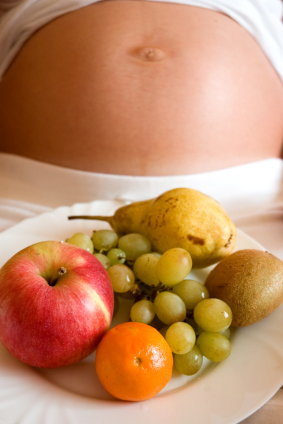
Raw Meat: Uncooked seafood and rare or undercooked beef or poultry should be avoided due to risk of contamination with coliform bacteria, toxoplasmosis, and salmonella.
Deli Meat and Hot Dogs: Deli meats have been known to be contaminated with listeria, which can cause miscarriage. Listeria is able to cross the placenta and may infect the baby leading to infection or blood poisoning, which may be life-threatening. If you are pregnant and you are considering eating deli meats, make certain that you reheat the meat until it is steaming.
Fish – Mercury and PCBs: Fish can be a great source of protein, iron, and omega-3 fatty acids. The omega-3s in fish support the proper development of your baby’s brain, eyes, and nervous system. Research suggests that complete avoidance of fish during pregnancy may contribute to poor verbal skills, behavioural problems, and other developmental issues during childhood.
However, fish that contain high levels of mercury must be avoided. Mercury consumed during pregnancy has been linked to developmental delays and brain damage. Fish with long life spans tend to contain more mercury than smaller, younger fish.
Farm-raised fish should be avoided due to the significantly higher levels of PCBs – polychlorinated biphenyls. PCBs can disrupt the normal development of the endocrine (hormone) system. In addition, farm-raised fish have less nutritional value than wild fish due to the restricted diet they consume on fish farms.
High quality fish oil supplements are rigorously tested for mercury and other contaminants and are safe during pregnancy.
Use the following chart to help guide your fish consumption during pregnancy.
Fish Consumption and Pregnancy |
||
| Safe | Restricted Consumption |
DANGEROUS |
|
|
|
| safe to consume during pregnancy | limit to approximately one serving per week | do not consume while pregnant |
Smoked Seafood: Refrigerated, smoked seafood often labeled as lox, nova style, kippered, or jerky should be avoided because it could be contaminated with listeria. (These are safe to eat when they are in an ingredient in a meal that has been cooked, like a casserole.)
Raw Shellfish: The majority of seafood-borne illness is caused by undercooked shellfish, which include oysters, clams, and mussels. Cooking helps prevent some types of infection, but it does not prevent the algae-related infections that are associated with red tides. Raw shellfish pose a concern for everybody, and they should be avoided altogether during pregnancy.
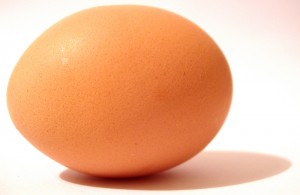 Raw Eggs: Raw eggs or any foods that contain raw eggs should be avoided because of the potential exposure to salmonella. Some homemade Caesar dressings, mayonnaise, homemade ice cream or custards, and Hollandaise sauces may be made with raw eggs. When preparing eggs at home cook them until the whites and yolk are opaque and firm.
Raw Eggs: Raw eggs or any foods that contain raw eggs should be avoided because of the potential exposure to salmonella. Some homemade Caesar dressings, mayonnaise, homemade ice cream or custards, and Hollandaise sauces may be made with raw eggs. When preparing eggs at home cook them until the whites and yolk are opaque and firm.
Commercially manufactured ice cream, dressings, and eggnog are made with pasteurized eggs and do not increase the risk of salmonella.
Soft Cheeses: Imported soft cheeses may contain listeria bacteria, which can cause miscarriage. Listeria has the ability to cross the placenta and may infect the baby leading to infection or blood poisoning, which can be life-threatening.
Avoid soft cheeses such as: Brie, Camembert, Roquefort, Feta, Gorgonzola and Mexican style cheeses that include queso blanco and queso fresco, unless they clearly state that they are made from pasteurized milk. All soft non-imported cheeses made with pasteurized milk are safe to eat.
Unpasteurized Milk: Unpasteurized milk may contain bacteria called listeria, which can cause miscarriage. Listeria has the ability to cross the placenta and may infect the baby leading to infection or blood poisoning, which can be life-threatening. Make sure that any milk you drink is pasteurized.
Pate: Refrigerated pate or meat spreads should be avoided because they may contain the bacteria listeria. Canned pate, or shelf-safe meat spreads can be eaten.
Liver: Liver is high in vitamin A and high doses of vitamin A during pregnancy may cause birth defects. Liver can be consumed during pregnancy, but only in small quantities and no more than once per week.
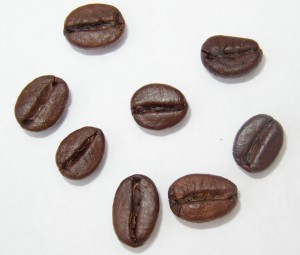 Caffeine: Although most studies show that caffeine intake in moderation is OK, there are others that show that caffeine intake may be related to miscarriages. Avoid caffeine during the first trimester to reduce the likelihood of a miscarriage.
Caffeine: Although most studies show that caffeine intake in moderation is OK, there are others that show that caffeine intake may be related to miscarriages. Avoid caffeine during the first trimester to reduce the likelihood of a miscarriage.
As a general rule, caffeine should be limited to fewer than 200 mg per day during pregnancy. Caffeine is a diuretic, which means it helps eliminate fluids from the body. This can result in water and calcium loss. Some research shows that large amounts of caffeine are associated with miscarriage, premature birth, low birth weight, and withdrawal symptoms in infants. The safest thing is to refrain from consuming caffeine.
Alcohol: There is NO amount of alcohol that is known to be safe during pregnancy, and therefore alcohol should be avoided during pregnancy. Prenatal exposure to alcohol can interfere with the healthy development of the baby. Depending on the amount, timing, and pattern of use, alcohol consumption during pregnancy can lead to Fetal Alcohol Syndrome or other developmental disorders. If you consumed alcohol before you knew you were pregnant, stop drinking now. You should continue to avoid alcohol during breastfeeding. Exposure of alcohol to an infant poses harmful risks, and alcohol does reach the baby during breastfeeding.
Unwashed Fruits and Vegetables: Fruits and vegetables are safe to eat, and you should be eating a wide variety of them throughout pregnancy. However, it is essential to make sure they are washed to avoid potential exposure to toxoplasmosis. Toxoplasmosis may contaminate the soil where the vegetables were grown. Also be sure to cut away and discard any damaged parts of the fruits and vegetables to avoid bacteria and mould growth.
Raw Sprouts: Raw sprouts – including alfalfa, clover, radish and mung bean may be contaminated with bacteria and should be avoided during pregnancy.
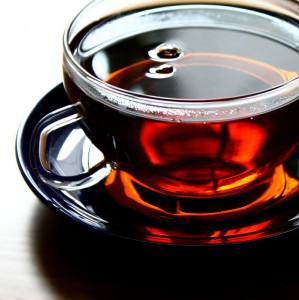 Artificial Sweeteners: Although the FDA considers artificial sweeteners to be safe in pregnancy I recommend they be eliminated from the diet. Aspartame, for example, consists of three components: the amino acids phenylalanine, aspartic acid and methanol, otherwise known as wood alcohol. Methanol is toxic in humans even when consumed in small amounts. There are also concerns that aspartame may have a link to immune system dysfunction and neurotoxicity. It is best to avoid all artificial sweeteners during pregnancy.
Artificial Sweeteners: Although the FDA considers artificial sweeteners to be safe in pregnancy I recommend they be eliminated from the diet. Aspartame, for example, consists of three components: the amino acids phenylalanine, aspartic acid and methanol, otherwise known as wood alcohol. Methanol is toxic in humans even when consumed in small amounts. There are also concerns that aspartame may have a link to immune system dysfunction and neurotoxicity. It is best to avoid all artificial sweeteners during pregnancy.
Herbal Teas: Many herbal teas are safe during pregnancy, but some are not. Some teas are safe for consumption during the third trimester, but not the first. Do not consume herbal teas without first seeking the advice of a Naturopathic Doctor.
Disclaimer
The advice provided in this article is for informational purposes only. It is meant to augment and not replace consultation with a licensed health care provider. Consultation with a Naturopathic Doctor or other primary care provider is recommended for anyone suffering from a health problem.


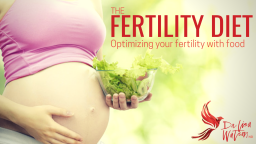



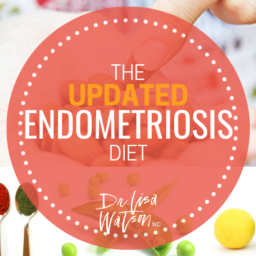
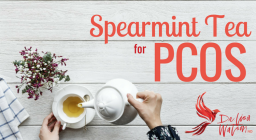


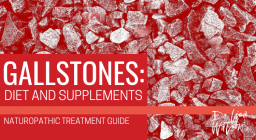
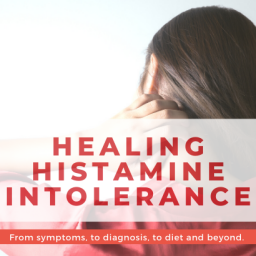



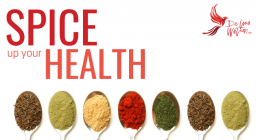
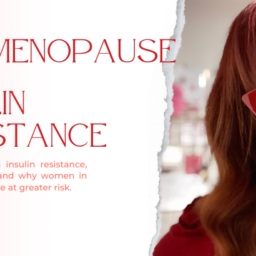
I believe that the studies linking vitamin A to birth defects used synthetic vitamin A. I don’t believe natural sources of vitamin A such liver were shown to cause birth defects. What is the reference you used for this information?
Absolutely Madeline. Pre-formed vitamin A is the concern (not beta carotene). This study looked at food and supplemental sources of vitamin A. https://www.ncbi.nlm.nih.gov/pubmed/7477116